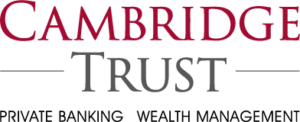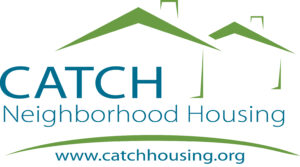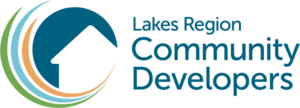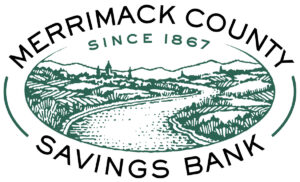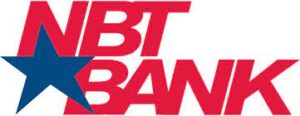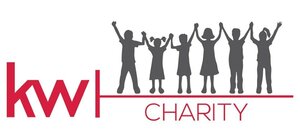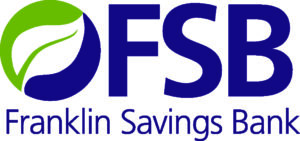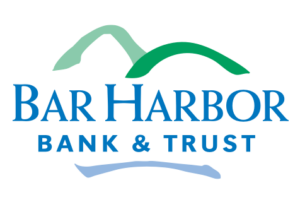A Four-Point Strategy to Revive Homeownership
It’s not looking good for homeownership these days. According to the U.S. Census Bureau, 63.7 percent of households owned their homes at the end of 2016, down from a peak of 69.2 percent in 2004. While there have been small increases in recent quarters, the homeownership trend since the financial crisis continues to trend downward. We need to reverse this pattern, and these four strategies will help.
First, we have to demystify the process. More than two-thirds of adults in an Oct. 2016 national household opinion survey from NeighborWorks America described the homebuying process as complicated. Our network’s counselors report that a common refrain from customers they help to achieve homeownership is, “I never thought I could do this.” Because the purchase process is so complex, many potential homeowners don’t even try, essentially self-selecting out of their piece of the “American Dream.”
Increasing the homeownership rate in New Hampshire will energize the local economy and create jobs from construction to retail.
Second, we have to return to rational credit standards. We return to the loose underwriting of the early 2000s. However, right now, credit standards are too tight and thus reduce the prospects for homeownership for many. A recent article by the Urban Institute noted that innovations in credit scoring practices could help up to 3 million first-time homebuyers across the country. Some of them certainly live here in New Hampshire. The lending industry must seriously pursue such modifications.
Third, we need to do a better job in reaching out to low- and moderate-income consumers. These are the first-time buyers of the future and they are unsure about the path to homeownership. Nonprofits housing organizations have had a “field of dreams” mindset: if we’re here, homebuyers will find us. That’s not working. The NeighborWorks survey mentioned above also found that less than 10 percent of consumers think of nonprofit’s like HOMEteam first when considering how to achieve homeownership. Our organization and others working to increase homeownership, especially among first-time buyers, need to behave more like businesses and seek out these types of customers. Word 
Fourth, we must overcome financial obstacles. Home prices are increasing in nearly all markets. Here in Southern New Hampshire, the median price for a three bedroom home is approximately $235,000.00 and the stereotypical 20 percent down payment is out of reach for most first-time buyers. However, the truth is, consumers don’t need a 20 percent down payment to purchase a home these days. In some cases, just a 3 percent down payment is required. However, not every lender offers flexible mortgages.
By working with HOMEteam and other housing nonprofits, consumers will learn about the programs that offer 3 percent down-payment mortgages. In addition, they also will be made aware of the down-payment assistance funds available in this community and others. The NeighborWorks survey showed that only one-third of consumers are aware of down- payment programs for middle-income buyers.
While there isn’t an unlimited supply of down-payment assistance, if more consumers knew to seek it and sought information from nonprofit organizations, the homeownership rate would increase. That’s good for individuals, families and New Hampshire.



